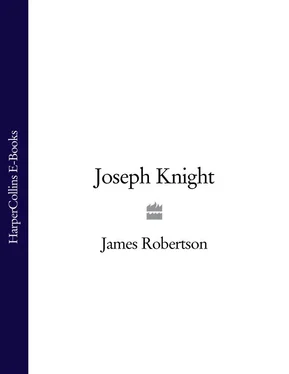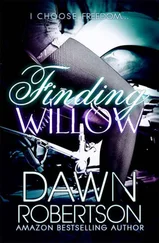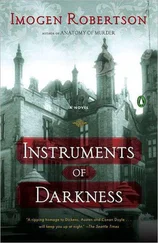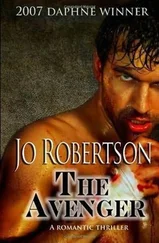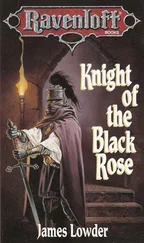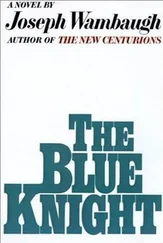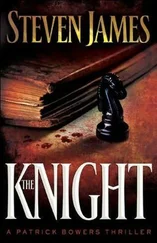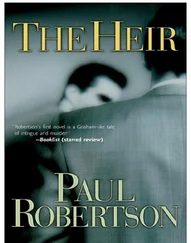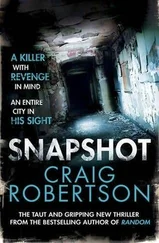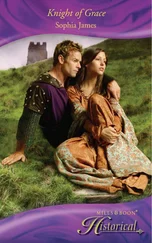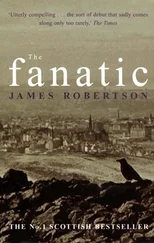He was confident that the longer he was held at Southwark, the more the Government’s attitude to minor players like himself would soften. After all, he had not actually killed anybody. He would be tried, no doubt; found guilty, certainly; but the bloodletting that had lasted all summer would surely satisfy even the Duke of Cumberland’s desire for vengeance. Banishment, for a spell, that surely was the most likely outcome. They would go to France. Life would begin again.
He was, however, anxious about John, whose name was on the lists of wanted rebels, with the designation ‘Where Now. Not Known ’ next to it. The lad could not stay in London indefinitely. The Wedderburns were a far-flung family, with enterprising cousins scattered across the globe. Mr Paterson, for example, had considerable interests in the West Indies. Arrangements were made to spirit John out of the country. John was reluctant to fall in with them but his father, via James, insisted. By the end of September, he was gone.
When the trial came on in November, the Crown presented its evidence with ferocity. Receipts from Dundee and Perth, bearing the Baronet’s signature, showing how those towns had been forcibly relieved of duties and other monies for the Prince’s service, were thrust under the jurors’ noses. Witnesses swore to his presence in arms at Culloden, Prestonpans and Derby (a place he had never been, never having left Scotland). None of this was unexpected, but the prosecutors’ outraged zeal was, and the jurors were infected by it.
They did not even leave the courtroom to find him guilty of high treason, whereupon the court, having asked Sir John if he had anything to say for himself, and receiving no reply, proceeded to pronounce judgment and award execution against him: ‘that the said Sir John do return to the Jail from whence he came and from thence be drawn to the place of Execution and when he cometh there that he be hanged by the Neck but not till he be dead and that he be therefore cut down alive and that his Bowels be then taken out and burnt before his Face and that his Head be then severed from his Body and that his Body be divided into four Quarters and that those be at the Disposal of our said present Sovereign Lord the King’.
This was on 15 November. The sentence was shared by several other gentlemen who now, perhaps, wished that they had been peasants after all. Various appeals and entreaties were made, but to no avail. Cumberland himself insisted on the sentences being carried out in full: ‘Good God,’ he spluttered, juice cascading over his chins as he worked his way through a bucket of oysters, ‘did we gather all these miscreants up in order to let them go again? No, no. Examples must be made.’
But of all this the 5th Baronet of Blackness’s eldest son and heir was quite ignorant. Before the end of summer John had left London, and had crossed the ocean: another stage on the dream-like flight that had begun on Drummossie Moor, and from which he did not know when he would come to rest.
Kingston, January – March 1747
John Wedderburn slowly came awake again, and found himself, as his eighteenth birthday approached, no longer a boy. He had been in Jamaica for half a year, acclimatising, or being ‘seasoned’, as the term was. Europeans, it was said, needed this period of adjustment, preferably twice as long, even more than Africans, though it was the latter who would eventually be toiling all day under the Caribbean sun. But while the Africans were not allowed to be idle in their first months in the island, but were given light tasks such as weeding or cattle-minding, or indoor work, John Wedderburn was expected to do almost nothing. He was kept at his relative Mr Paterson’s expense, and grew increasingly bored.
Company was not hard to find, but, to begin with, he avoided it. He felt like an exile, not yet a West Indian but a Scot, on the run from England. He kept himself to himself. Riding from one part of the island to another on a borrowed horse, he inspected some plantations, their great white houses and simple slave villages, watched the slaves at work in the cane fields, saw the sugar being processed in the mills, learned the difference between creoles and Africa-born blacks and the obsessive gradations of blood-mix that lay between black and white: sambo, mulatto, quadroon, octaroon, musteefino. These designations also taught him an important lesson: there were no gradations of whiteness. In the purity of your race, if you were white, lay your salvation.
As his own skin became burnt by the sun, he thought of this, and determined to keep himself pure. He wanted to save himself. He thought of home and its whiteness, something to which he had never before given any consideration. Now, surrounded by black people, he saw in his mind the overwhelming whiteness of Scotland.
In Kingston, he spent these lone months wandering the grim, gaudy streets, taking in their odd mixture of dust and humidity, of squalor and sweat, of crudeness and finery. He got caught time and again in astonishing downpours. A baking hot sky would be transformed in mid-afternoon, in a matter of minutes, into something dark and menacing. Then the rain would come, vertical sheets of warm, sweet-smelling water, quite unlike the insidious, creeping drizzle of Scotland. Half an hour later the sky would be clear again and the ground bone-dry.
Compared with London, Kingston was a village but it lacked the quaintness of a village. The streets were lined with wooden shacks and larger wood- and brick-built houses, the latter often with shaded porches along their entire front where white men and women sat and observed the world. The few really substantial buildings were used by the island’s administration or by the wealthiest merchants and planters. King Street, the wide main thoroughfare, was always busy with carts and carriages. There were stores with the latest fashions, furnishings and domestic supplies imported from Europe. Inns and boarding houses, rough-looking drinking shops and slightly more genteel coffee rooms filled the gaps. It was a male town faced in some quarters with a chipped female veneer.
At first sight, it was a place where blacks and whites seemed to mingle on equal terms. But this was a false picture. Most of the apparently free blacks were slaves employed in various trades – coopers, carriers, carpenters, blacksmiths, seamstresses, laundresses. If they were not working for their own master they were working for someone else’s, charging a fee, some of which they were permitted to keep. These men and women existed in a halfway state between slavery and freedom, and their whole manner, their better clothes, their sprightliness and the speed at which they worked, all seemed to suggest to John Wedderburn that they had somehow been ‘improved’ beyond the condition of those labouring on the plantations. This he found interesting.
Ships arrived daily from Britain, Guinea and the American colonies. Down at the waterfront John watched vast quantities of goods being offloaded and tried to calculate what they must be worth. A miserable, foul-smelling guardhouse was there too, and a gibbet, on which were suspended cages containing the remnants of slaves who had committed some crime or other.
A man passing by, seeing him standing there, asked him what he was staring at. Embarrassed, John Wedderburn waved an arm widely. ‘Everything,’ he said. ‘It’s all so busy.’
‘No,’ the man said, ‘you were looking at something , not everything. You were looking at that .’ He was smoking a pipe, and pointed at the gibbet with it.
John began to speak, but the man interrupted him.
‘And you’re as well to look at it, lad. Because without that, everything is nothing.’ He spat on the ground. ‘We’re at war.’
Читать дальше
